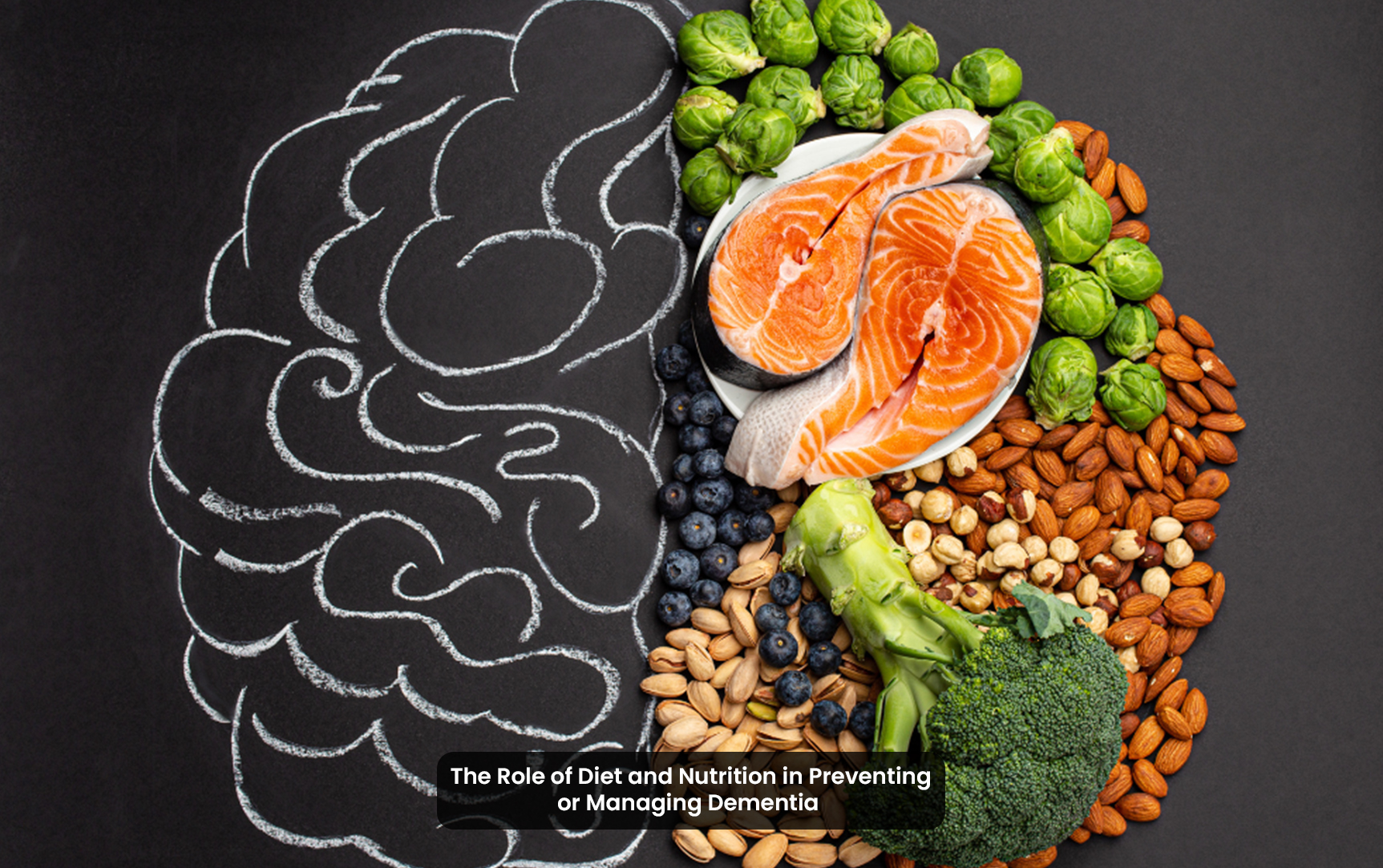
Yes, research suggests that a healthy diet rich in antioxidants, omega-3 fatty acids, and essential nutrients can help reduce inflammation, support brain function, and lower the risk of cognitive decline.
Foods like leafy greens, berries, fatty fish, nuts, whole grains, and olive oil have been shown to protect brain cells and enhance cognitive function.
Excess sugar intake can contribute to insulin resistance, inflammation, and oxidative stress, all of which increase the risk of cognitive decline and Alzheimer’s disease.
Yes, studies show that the Mediterranean diet, rich in healthy fats, whole foods, and antioxidants, is linked to a lower risk of Alzheimer’s and better overall brain health.
At Ashiana, we provide balanced, nutritious meals designed to promote cognitive well-being, along with an engaging lifestyle that encourages overall health and wellness for our residents.
Ashiana, Ashiana Housing build homes. Homes surrounded by vast green spaces and fresh breeze. Homes cocooned in secured gated complexes. Homes where futures are forged and there are opportunities to grow. And Homes in environments brimming with healthy activity, trust and respect. At heart, we build communities with care.
Other posts by Ashiana
Join 1000+ of fellow readers. Get expert real estate knowledge straight to your inbox absolutely free. Just enter your email address below.